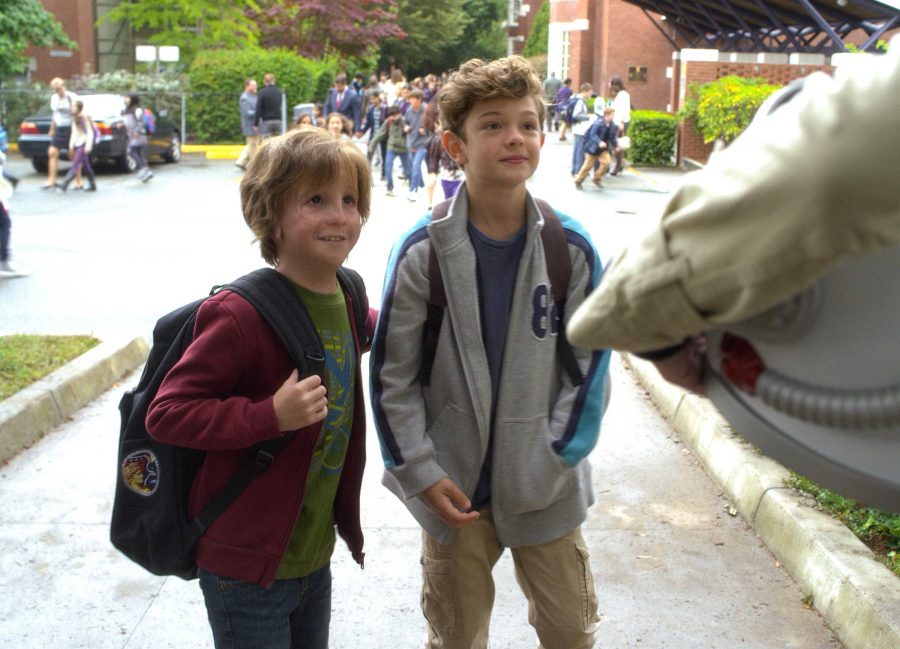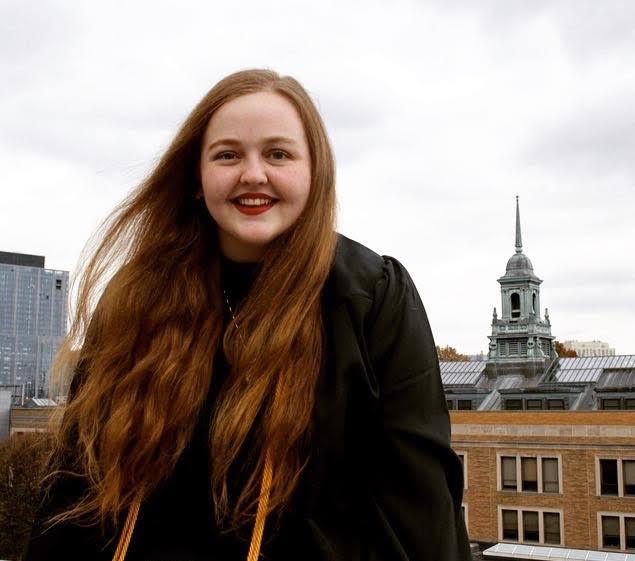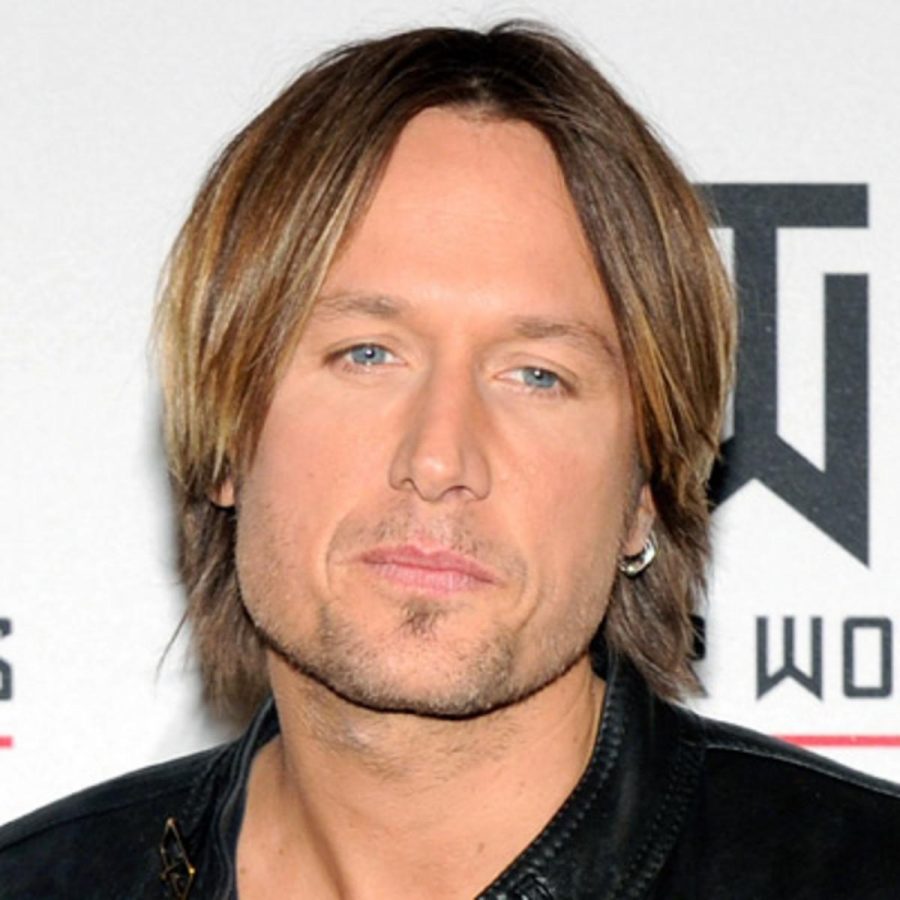By Simran P. Gupta
Staff Writer
On Nov. 28, French President Emmanuel Macron embarked on a three-day tour of Burkina Faso, the Ivory Coast, and Ghana to strengthen the Francafrique relationship. He will be the first French president to visit Ghana.
The term “Francafrique” refers to France’s relationship with its former colonies, and is often thought of as problematic. President Macron’s focus for the visit and his policy at large has been youth, choosing to center funds on “innovation, jobs, and sport, rather than development aid.” As reported by Al Jazeera, he made a speech at a university, toured various schools, and visited West Africa’s largest solar power park in an effort “to mark his commitment to preserving the planet for future generations.”

As he set off on his tour, however, not all had positive hopes and expectations. He has faced criticism for neo-liberal attitudes when he said at the G20 Summit in Hamburg that the birth rate being “seven or eight children per women” made foreign aid inherently pointless. He has also suggested setting up French immigration “hot spots” before being reminded that France was no longer a colonial power.
The French envoy of vehicles was not given a warm welcome, as it was surrounded by protestors and pelted by stones, as well as shouts of “down with imperialism.” His speech at the Ouagadougou University has received mixed reviews, with some calling it positive and others calling it paternalistic.

Burkina Faso’s president Roch Marc Christian Kabore walked out of the speech after Macron responded to a student’s question about electricity in universities, saying, “Sometimes you talk to me like I’m still a colonial power. But I do not want to deal with electricity in universities in Burkina Faso, it is the work of the president [of Burkina Faso].”
In an effort to convince his African audience of his sincerity, Macron set up a Presidential Council for Africa (CPA) in August, consisting of 11 voluntary advisors. These advisors will be key voices as he drafts new policies and amends old ones, and will accompany him on trips to Francophone Africa.
In previous administrations, policy has been tangled and complex, with many citizens from the former colonies feeling as if they never truly got rid of their colonizer. Macron is faced with the challenge of amending previously problematic sentiments of former presidents like Nicolas Sarkozy and François Hollande, and gaining the trust of disillusioned West African youth.
Francafrique policy also has a history of supporting unpopular politicians in order to protect France’s best interests. The network began after French colonies gained independence throughout the 60’s, as France still relied on the natural resources they offered (namely oil), and the newly independent nations needed investments.
General de Gaulle, French President from 1959-1969, who set up a unit that reported directly to him, is quoted as saying: “countries that once depended on us still ask us for help today. But why should we help these countries if it isn’t worth it for us?”
Today, there are many protests and general distrust towards French presence in West Africa.
So far, Macron has been focused on a unified and open France, as well as a stronger and more integrated relationship with Francophone Africa. Now that his brief tour is over, many wait to see the effects of his words and presence in the form of policy.
















